Nature reports
Page 27 of 42 - 414 Results
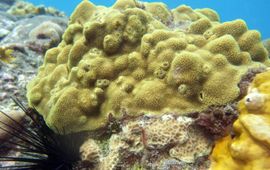
Manmade structures such as seawalls, breakwaters, and jetties are increasing in frequency in marine coastal environments. Overtime, these structures are unintentionally recruiting marine life such as corals, resulting in the..
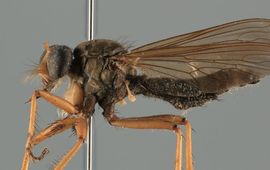
This summer, visitors to Naturalis can see something unique in the museum: a giant installation that will photograph tiny insects in detail...
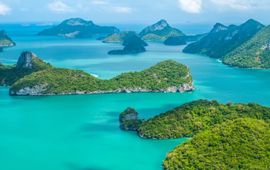
Mammal species on islands differ from those on the mainland. That is due to their isolation for hundreds of thousands or millions of years. In addition, there are no warm-blooded land predators, and the quantity of food is..
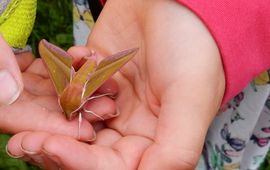
Moths are a biologically diverse group and as such form a significant part of Europe’s fauna. They are found from shorelines to mountaintops, and from the Mediterranean to the sub-Arctic, contributing to key ecosystem services,..
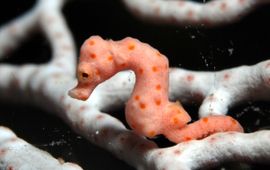
Seahorses worldwide are threatened with extinction as a result of their habitat being damaged. In addition, their iconic appearance makes them popular in international trade. A recent study revealed how this trade in seahorses has..
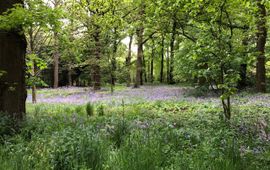
The call for fully integrating the enormous value of nature into the economic system increases rapidly worldwide. It seems the only way to stop the decline of nature. However, most companies, governments and the public find it..
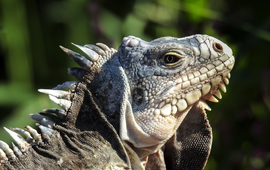
Thousands of residences on St. Vincent are in need of humanitarian aid following the recent eruptions of the La Soufrière volcano. As large quantities of relief supplies are arriving from far and wide, stakeholders from twelve..
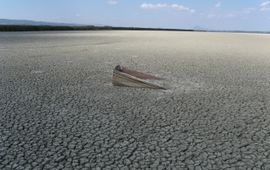
A new study shows that the current rate of biodiversity decline in freshwater ecosystems outcompetes the extinction at the end of the Cretaceous, that killed the dinosaurs. Damage now being done in decades to centuries may take..
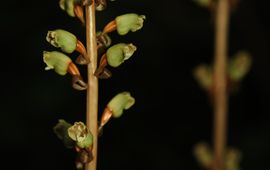
Orchids, ‘pandas of the plant world’, form unique interactions with mycorrhizal fungi. Large-scale ancestral state reconstructions and phylogenetic comparative models give new insights into the coevolution of physiological traits..
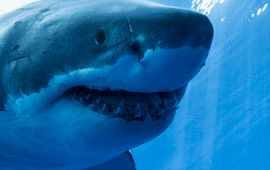
Your lovely smile and the smiles of sharks have less to do with each other than previously thought. All kinds of aspects of jaws have all evolved independently and have been lost several times in the early evolution of jawed..
